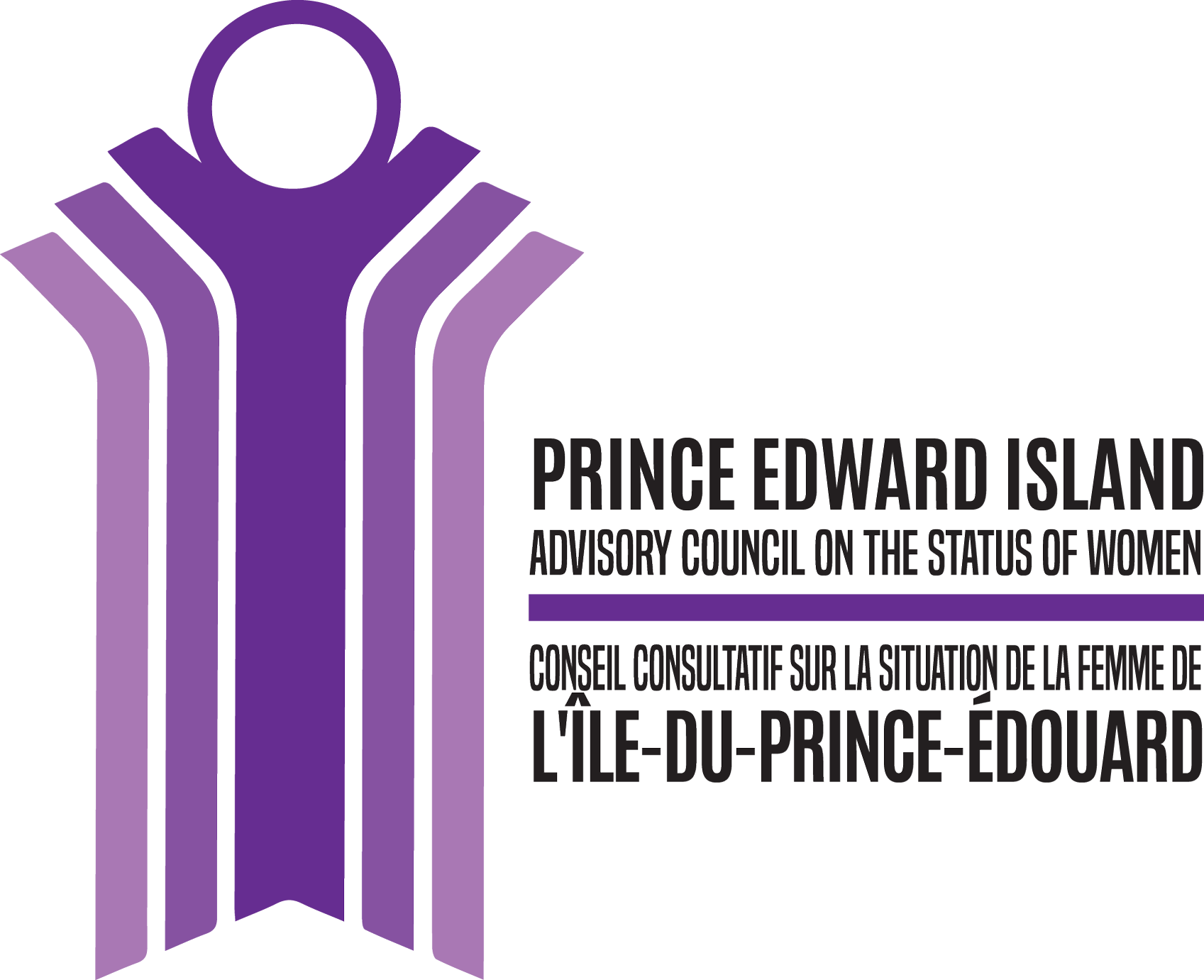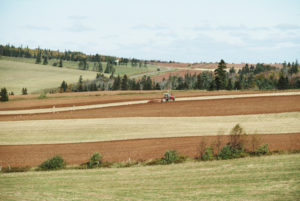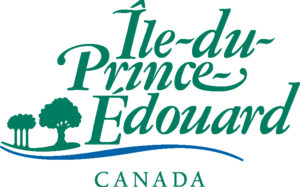In July 2020, Prince Edward Island’s Department of Agriculture and Land initated a Land Matters consultation. This consultation is part of a project to review and update provincial land-related legislation and policy. The Province invited responses from individuals and organizations through an online survey meant to be open until the end of August 2020. The PEI Advisory Council submitted a response through the survey in August 2020. Below are the Council’s responses to substantive survey questions.
Do you believe that there are issues with current land‐related legislation and/or policy?
- Yes
If yes, please identify these issues:
- Too much land remains unincorporated (outside municipalities and regulation through municipal planning). Unevenness in supports for local democratic decision‐making and conflict resolution about land use goes hand in hand with this issue.
- Regulation and policy related to climate change are not moving quickly enough to protect the land and are not coordinated closely enough with land legislation and regulations to address erosion, soil degradation, and effects of a changing and increasingly chaotic climate, such as drought and flooding that result from increased temperatures of land and water and more frequent extreme‐weather events.
- Large corporations still seem to find work‐arounds so that they are able to own or functionally control larger amounts of land than under applicable law.
- Prince Edward Island’s percentage of protected land (parks, nature reserves) continues to grow more slowly than it needs to grow if we are to reach targets. We have made some but not much progress since 2018 when PEI was found to protect less land per capita than any other province, according to the Canadian Parks and Wilderness Society report card.
- Mechanisms and resources to enforce protective legislation, policy, and regulations that are already in place.
- Decisions about land use need to be more transparent to people in communities. It feels to people that decisions happen behind closed doors and under tables.
- In the true spirit of reconciliation with Indigenous peoples, diligence beyond a minimal adherence to the law needs to be paid to the duty to consult with Mi’kmaw rightsholders.
What are your top three priorities for land‐related legislation and/or policy?
- Priority #1: Access to land for diverse uses and purposes, including public land and spaces.
- Priority #2: Universal access to clean, drinkable water.
- Priority #3: Local democratic decision‐making and conflict‐resolution related to land use.
For your chosen priority #1, what three key actions do you feel are most important to move this priority forward?
- The first action required to ensure people have access to land for diverse uses and purposes (including food gathering/growing, permanent and temporary housing, transportation, and enjoyment of nature) is to integrate gender and diversity analysis into questions and decisions related to land. This analysis must address the longstanding inequalities that some groups have historically experienced. For example, Mi’kmaq and other Indigenous people, women, and children, have faced enforced legal and colonial limits on their ability to own property; while other groups have faced socio‐economic barriers to land ownership (BIPOC, people with disabilities, people with low income, some newcomers to Canada who are less likely to have inherited local land). The Department of Agriculture and Land has made admirable public plans and commitments to increasing gender and diversity analysis in its processes; this needs to be more widespread.
- The second action required to ensure people have access to land for diverse uses and purposes is to decrease priority on private land ownership and increase the amount and types of publicly owned land. As part of this it is important to make publicly held land available to a diversity of people for a variety of purposes: not only for nature conservation, but also for trails and traditional forage/harvest; not only for highways but for active transportation, in addition to access to shorelines and forests and wildlife areas; not only for parks and recreation but also for food production such as community gardening; not only for picnicking but also for temporary and permanent public housing. All requirements of the duty to consult Mi’kmaw rightsholders should be met, and the purposes of publicly owned land should be decided subject to a gender and diversity analysis.
- The third action required to ensure people have access to land for diverse uses and purposes is to support women and gender minorities in land‐use occupations and rural economic development planning, expanding on efforts such as the gender and diversity analysis and strategic planning undertaken in the Department of Agriculture and Land. The Premier’s Council on Economic Recovery and Growth for PEI’s development coming out of the COVID‐19 pandemic will require a strong gender and diversity lens; we would see access to land for diverse uses and purposes for people of all genders and all backgrounds as a pillar of any effective economic recovery model.
For your chosen priority #2, what three key actions do you feel are most important to move this priority forward?
- The first action required to ensure access to safe, clean, drinkable water is to evaluate, monitor, and measure all land‐related activities for their effects on groundwater levels and seriously limit activities that risk depleting groundwater resources immediately or over time. For example, industrial potato processing requires water both for growing potatoes and water for processing. Potatoes are 80% water. For every kilogram of potatoes we export, we export 800g of fresh water. For this and other actions described here, analysis should include not only gender and diversity analysis but also measures based on independent data (not corporate‐sponsored or industry‐focused science) and local and traditional knowledge, including Mi’kmaw knowledge.
- The second action to ensure access to clean, drinkable water is to adopt legislation and policy that prevent and address land‐based activities with the potential to contaminate groundwater supplies. This includes strict regulation of land‐use and close‐to‐land‐use practices in all forms of agriculture and aquaculture: buffer zones, crop rotations, inputs including fertilizer and pesticides, and irrigation processes.
- The third action to ensure access to clean, drinkable water is to reflect in legislation the clear understanding that drinking water is both essential infrastructure (for health and sanitation) and a human right. Water is a common resource, essential to survival, and not a commodity, and it must be protected from commodification.
For your chosen priority #3, what three key actions do you feel are most important to move this priority forward?
- The first action required to enhance local democratic decision‐making and conflictresolution related to land use is to ensure that as much land as possible across PEI is incorporated in municipalities and that those municipalities have sufficient resources and support to engage citizens in effective democratic decision‐making and conflict‐resolution. It should be noted that social infrastructure, such as adequate basic income, access to affordable transportation/transit, and support for caregiving are all essential services that must be in place for residents to participate in democratic decision‐making and the life of the community. Laws and bylaws around decision‐making should privilege public information and decision‐making in the public eye and restrict private deals or decisions and closed‐door meetings.
- The second action required to enhance local democratic decision‐making and conflictresolution is to support measures that increase the diversity of voices in decision‐making. This may require examining and reducing barriers to gender parity on decision‐making bodies, advancing equity and inclusion to bring in other under‐represented voices, and an intersectional lens to ensure that women and gender minorities who also belong to underrepresented groups are systematically included.
- The third action required to enhance local democratic decision‐making and conflictresolution is to provide adequate support, structure, and resources for provincial offices that manage and plan for unincorporated areas of the province. This should include meaningful support for equity and inclusion, public consultation, and conflict resolution in these groups. Increasing the transparency around decision‐making for land use should be a measurable goal for the responsible provincial offices. A strong public sector dedicated to ensuring diverse voices can participate in decision‐making about land‐related issues is crucial to the health of land, sea, sky, and the human and non‐human living beings in our ecosystem.
Why did you identify these priorities?
The priorities identified in this survey emerged from the PEI Advisory Council on the Status of Women’s past participation in land‐use consultations and in Council publications such as Equality Report Cards (2008, 2009, 2011, 2013, 2015, and 2018). These views are consistent with the positions of the Advisory Council, which reflect consensus decision‐making among women appointed to the Council by government with a legislated mandate (Advisory Council on the Status of Women Act) to advise government and educate the public on issues that are important to the status of PEI women.
Do you have any other comments or input you would like to provide with respect to landrelated legislation and/or policy?
Some of our comments align with recommendations of past commissions and reports on land‐use in PEI; others are newer or were not reflected as strongly in past reports. Regardless, it is time for action rather than fresh consultations. While we are happy to have this opportunity to provide fresh input with a new set of Council members since the last time we were consulted on land‐related policy and issues, we respected and continue to respect the process and findings of past land‐use commissions and reports. We now would like to see action on their recommendations. We believe that the work completed on land use and planning over the past twenty (and more years) has been good work that needs to be enacted.



